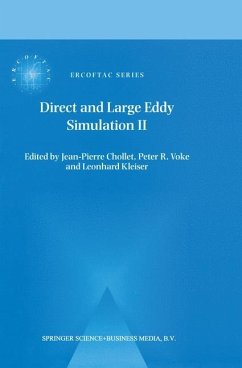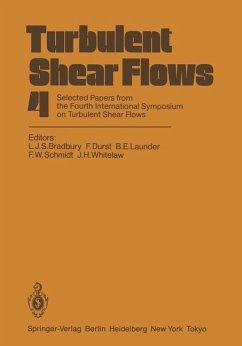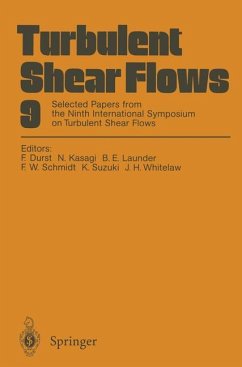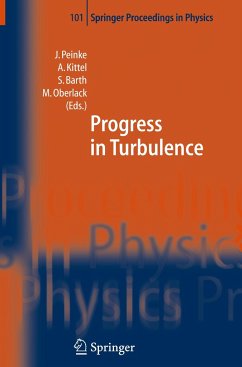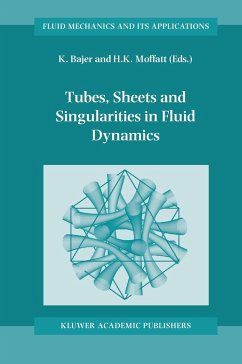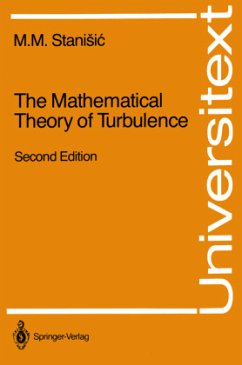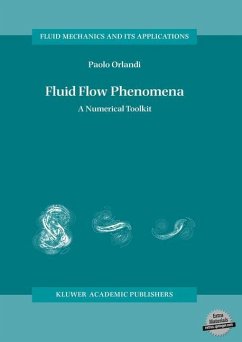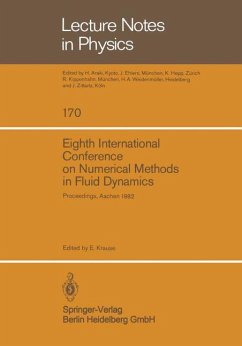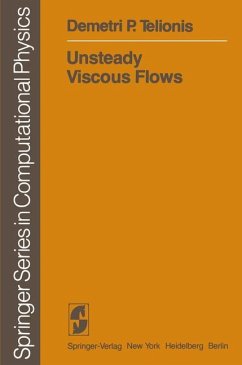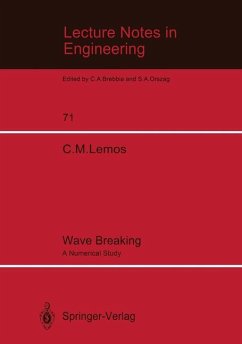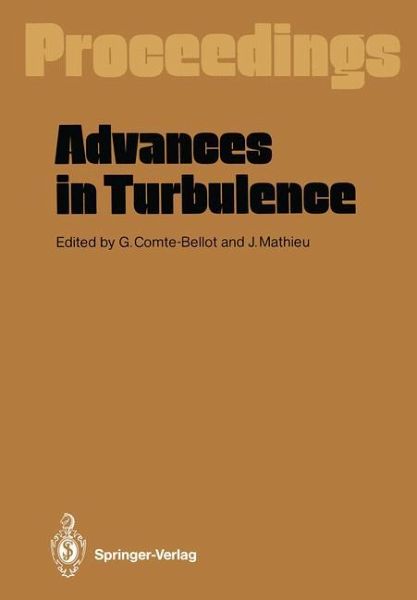
Advances in Turbulence
Proceedings of the First European Turbulence Conference Lyon, France, 1-4 July 1986
Herausgegeben: Comte-Bellot, Genevieve; Mathieu, J.

PAYBACK Punkte
39 °P sammeln!
Since 1964 the main function of the European Mechanics Committee has been to arrange Euromech Colloquia. These are three- or four-day meetings for the discussion of current research on a specified and relatively narrow topic in mechanics, by about 50 specialists chosen for their active involvement in research in that topic. The organization of each Euromech Colloquium is entrusted by the Committee to one or two selected scientists of repute in the field, and these organizers are enjoined to achieve a friendly and informal forum for discussion, with a minimum of paper work and expenditure. Over...
Since 1964 the main function of the European Mechanics Committee has been to arrange Euromech Colloquia. These are three- or four-day meetings for the discussion of current research on a specified and relatively narrow topic in mechanics, by about 50 specialists chosen for their active involvement in research in that topic. The organization of each Euromech Colloquium is entrusted by the Committee to one or two selected scientists of repute in the field, and these organizers are enjoined to achieve a friendly and informal forum for discussion, with a minimum of paper work and expenditure. Over 220 Euromech Colloquia have been held since 1964 (about 40 each in France, West Germany and Britain and the remainder in 18 countries in both western and eastern Europe) on a wide range of topics drawn from the mechanics of solid materials, hydrodynamics, gas dynamics and mechanical systems. The Committee believes that collectively, Euromech Colloquia have made a significant contribution tothe exchange of ideas on topics in mechanics within Europe and have thereby helped to overcome the barriers to easy scientific communication in that sorely divided continent. A few years ago the European Mechanics Committee turned its atten tion to the possible need for European conferences on a larger scale than Euromech Colloquia.





